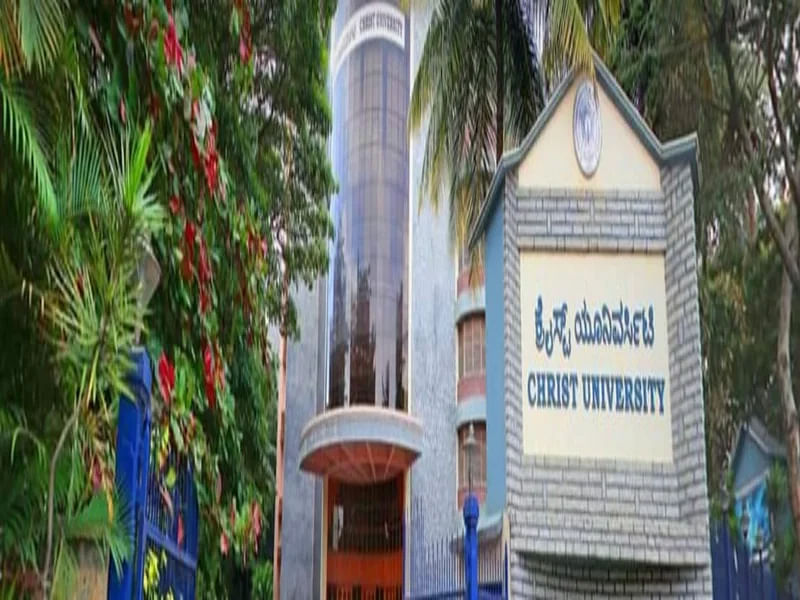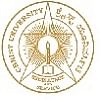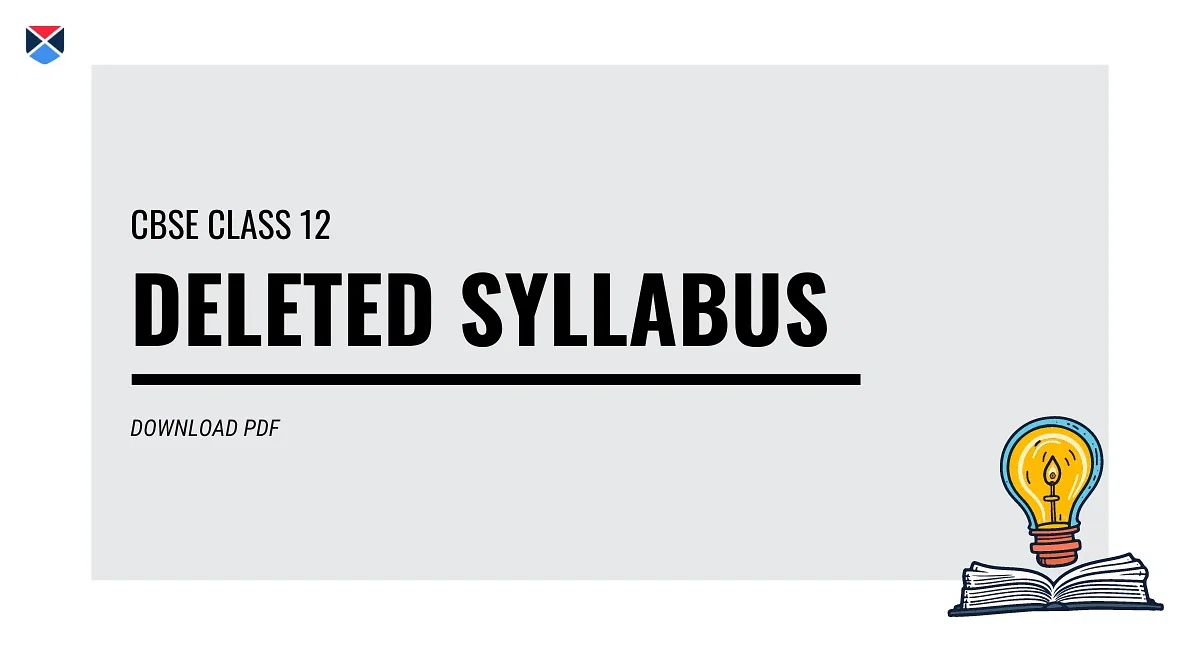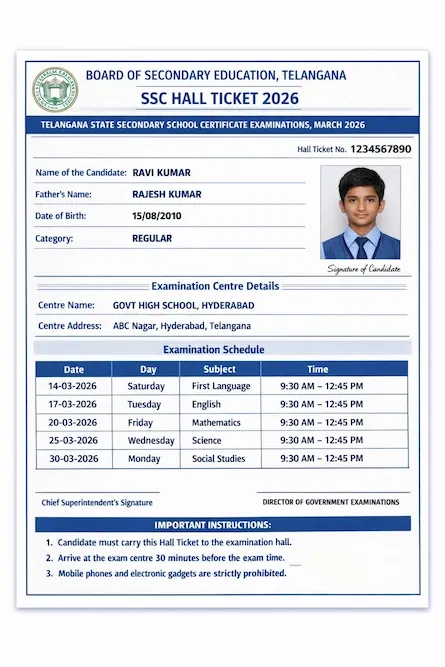Wondering how to score How to Score 95 Percent in Class 12th Board Exams? This guide covers essential study techniques, time management tips, and subject-specific advice to help you excel academically and boost your confidence.
Table of Contents
- Strategy to Score 95 Percent in Class 12th Board Exams
- How to Score 95 Percent in Class 12th Science
- Important Topics and Weightage for Class 12 Science
- How to Score 95 Percent in Class 12th Commerce
- Important Topics and Weightage for Class 12 Commerce
- How to Score 95 Percent in Class 12th Arts
- Important Topics and Weightage for Class 12 Arts
- How to Use Class 12th Sample Papers and Previous Years' Papers
How to score 95 percent in class 12th board exams is a common question for many students across all streams—Science, Commerce, and Arts. Scoring high marks opens doors to prestigious universities and builds a strong foundation for competitive entrance exams such as NEET, JEE, CA Foundation, or CLAT.
For Science students, excelling in subjects like Physics, Chemistry, Biology, and Mathematics requires consistent practice, especially with numerical, derivations, and diagrams. In the Commerce stream, subjects such as Accountancy, Economics, and Business Studies need a strong grasp of theoretical concepts with problem-solving skills. Students from the Arts stream must focus on memorizing key historical dates, understanding political theories, and mastering geographical facts.
Regardless of the stream, NCERT books are the backbone of preparation for class 12 exams, while reference books and sample papers help students gain that extra edge. However, scoring 95 percent in the class 12 board exams requires more than just hard work; it involves strategic planning, streamlining your focus on core subjects, and mastering the syllabus thoroughly.
Strategy to Score 95 Percent in Class 12th Board Exams
The following breaks down the subject-wise tops to Ssore 95+ in Class 12th board exams. Whether students aim to score 95% or more in the class 12 board exams, the following guide will help students navigate through your study schedule, prioritize high-scoring chapters, and focus on exam-specific preparations.
Before diving into stream-specific strategies, there are a few general tips that are essential for every student aiming for high scores:
- Focus on NCERT Textbooks: NCERT books are the backbone of the CBSE curriculum. Almost 70-80% of the questions in the board exams come directly from NCERT. Ensure you are thoroughly familiar with every chapter.
- Practice Previous Year Papers: Solving past years’ papers helps you understand the type of questions, patterns, and marking schemes. Focus on questions that are frequently repeated.
- Answer Writing and Presentation: A neat and structured answer sheet can boost your score by 5-10 marks. Practice presenting answers with proper headings, subheadings, and neat diagrams where applicable.
How to Score 95 Percent in Class 12th Science
The Science stream includes subjects like Physics, Chemistry, Biology, and Mathematics. Each subject demands a deep understanding of concepts and a consistent practice routine.
a) Physics
- Conceptual Clarity: Physics in Class 12 deals with both theory and numerical problems. The key areas to focus on include Electrostatics, Current Electricity, Optics, and Modern Physics.
- Important Chapters: Mechanics, Electromagnetic Induction, and Optics hold significant weightage. Make sure you are clear on derivations, and practice numerical regularly.
- Diagrams and Graphs: Physics involves drawing a lot of diagrams (especially in Optics and Electronics). Practice drawing clean, accurate diagrams and label them properly.
b) Chemistry
- Balance Between Theory and Numericals: Chemistry is divided into Physical Chemistry (which is numerical-heavy), Inorganic Chemistry (theory), and Organic Chemistry (concepts and mechanisms).
- Physical Chemistry: Focus on Chemical Kinetics, Electrochemistry, and Solutions. Practice numerical problems regularly, especially those involving formulas and calculations.
- Organic Chemistry: Pay attention to reaction mechanisms, named reactions (like Cannizzaro Reaction, and Aldol Condensation), and conversions.
- Inorganic Chemistry: Make sure you memorise key compounds, trends in the periodic table, and concepts like coordination compounds.
c) Biology
- Theory and Diagrams: Biology is theory-heavy but also involves a lot of diagrams, especially in topics like Genetics and Plant Physiology. Key chapters include Human Physiology, Ecology, Genetics, and Biotechnology.
- Important Diagrams: Practice drawing diagrams of the human heart, kidney, neurons, and plant tissues. Labelling diagrams correctly can fetch you extra marks.
- Practice Long-Answer Questions: Biology often has long-answer questions. Frame your answers in points and use diagrams wherever applicable.
d) Mathematics
- Problem-Solving Skills: Mathematics is all about practice. Focus on chapters like Calculus, Probability, and Algebra (especially Matrices and Determinants).
- Shortcuts and Formulae: Memorise key formulas and practice applying them to different problems. Topics like Integration and Differentiation often have shortcut methods that can save time during exams.
- Practice Complex Problems: Focus on practising the difficult questions first, especially those from past year papers and reference books like RD Sharma or RS Aggarwal.
Also Read: CBSE Class 12th Blueprint
Important Topics and Weightage for Class 12 Science
| Subject | Important Chapters | Marks Weightage |
| Physics | Optics, Electrostatics, Current Electricity, Electromagnetic Induction, Communication Systems, Modern Physics, Alternating Current | 70 marks (Theory) |
| Chemistry | Electrochemistry, Coordination Compounds, Organic Chemistry (Aldehydes, Alcohols) | 70 marks (Theory) |
| Mathematics | Calculus, Algebra (Matrices, Determinants), Probability | 80 marks |
| Biology | Genetics, Biotechnology, Ecology, Human Health and Disease | 70 marks (Theory) |
How to Score 95 Percent in Class 12th Commerce
The Commerce stream is built around subjects such as Accountancy, Economics, Business Studies, and Mathematics. The key to excelling in Commerce lies in understanding theoretical concepts and applying them practically.
a) Accountancy
- Concept Clarity: The most important aspect of Accountancy is understanding Fundamental Accounting Concepts and Standards. Focus on Partnership Accounts, Company Accounts, and Financial Statements.
- Practice Numericals: Practice ledger entries, balance sheets, and profit & loss accounts. Common mistakes happen in calculations, so double-check your work.
- Cash Flow Statements: This chapter holds a lot of weight, and its numerical problems are common in exams. Practice direct and indirect methods of preparing cash flow statements.
b) Business Studies
- Theoretical Subject: Business Studies is a theory-based subject, but scoring high requires concise answers with practical examples.
- Focus on Case Studies: Case studies have become a significant part of the exam. Learn how to apply business principles to real-world scenarios.
- Important Chapters: Focus on Principles of Management, Business Environment, Marketing, and Financial Management. Writing clear definitions, highlighting key terms, and providing examples will help fetch extra marks.
c) Economics
- Division Between Micro and Macro Economics: Focus on Microeconomics concepts like demand and supply, elasticity, and consumer equilibrium. For Macroeconomics, understand national income, monetary policy, and fiscal policy.
- Graphical Representation: Economics involves a lot of graphs, especially in microeconomics. Practice drawing accurate graphs, and label them correctly.
- Numerical Problems: Chapters like National Income Accounting and Determination of Income often have numerical problems, so practice them regularly.
Important Topics and Weightage for Class 12 Commerce
| Subject | Important Chapters | Marks Weightage |
| Accountancy | Partnership Accounts, Financial Statements, Cash Flow Statements | 80 marks |
| Economics | National Income, Indian Economy, Government Budget | 80 marks |
| Business Studies | Principles of Management, Marketing, Business Environment | 80 marks |
How to Score 95 Percent in Class 12th Arts
The Arts stream includes a diverse set of subjects like History, Geography, Political Science, Sociology, and Psychology. Each subject in Arts requires an in-depth understanding of theory and the ability to write detailed, well-structured answers.
a) History
- Chronology and Events: History is all about dates, events, and historical figures. Focus on remembering the sequence of events, and practice writing essays that connect different periods and themes.
- Key Topics: Focus on Indian Independence, World Wars, and Post-Colonial Developments. These chapters often carry significant weight.
- Writing Skills: Write in points, and make sure to include important names, dates, and places. Practice writing long answers to questions from previous years’ papers.
b) Political Science
- Conceptual Understanding: Political Science focuses on theory and current events. Keep yourself updated with the latest political developments, both national and international.
- Key Chapters: Focus on the Indian Constitution, Governance, and World Politics. Try to relate theoretical knowledge with current political situations.
- Presentation: Use headings and subheadings to organise your answers. Underline important terms like democracy, federalism, and secularism.
c) Geography
- Map Work: Geography involves a lot of map-related questions. Practice locating important geographical features such as rivers, mountains, and cities.
- Key Concepts: Focus on chapters like Human Geography, Physical Geography, and Climate Change. Practice drawing diagrams and understanding spatial relationships between different geographical phenomena.
Also Read: CBSE 12th preparation
Important Topics and Weightage for Class 12 Arts
| Subject | Important Chapters | Marks Weightage |
| History | Indian National Movement, World War I & II, Industrial Revolution | 80 marks |
| Political Science | Indian Constitution, International Relations, Governance | 80 marks |
| Geography | Human Geography, Climate, Population, Agriculture | 80 marks |
How to Use Class 12th Sample Papers and Previous Years' Papers
Solving sample papers and previous year papers is a crucial part of the preparation for all streams. Here's why:
- It helps in understanding the pattern of the paper and the weightage of marks across different sections.
- Practicing papers under timed conditions improves time management and helps in reducing errors.
Focus on solving at least 10 years of previous question papers and sample papers available from CBSE. This will help you identify which chapters and topics are repeated often and what type of questions to expect in the final exam.









![Motilal Nehru National Institute of Technology, [MNNIT] Allahabad](https://media.getmyuni.com/azure/college-image/small/motilal-nehru-national-institute-of-technology-mnnit-allahabad.webp)

































POST YOUR COMMENT